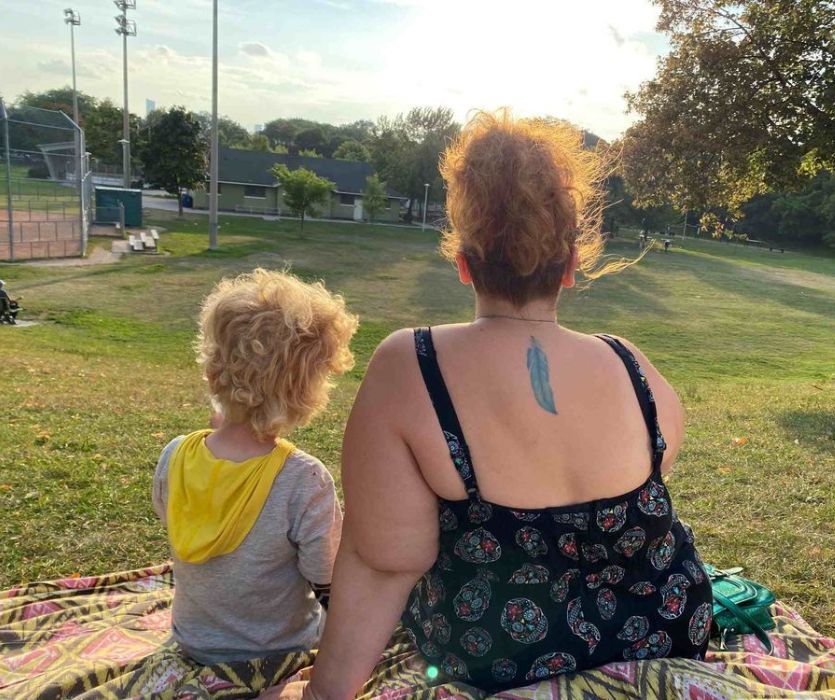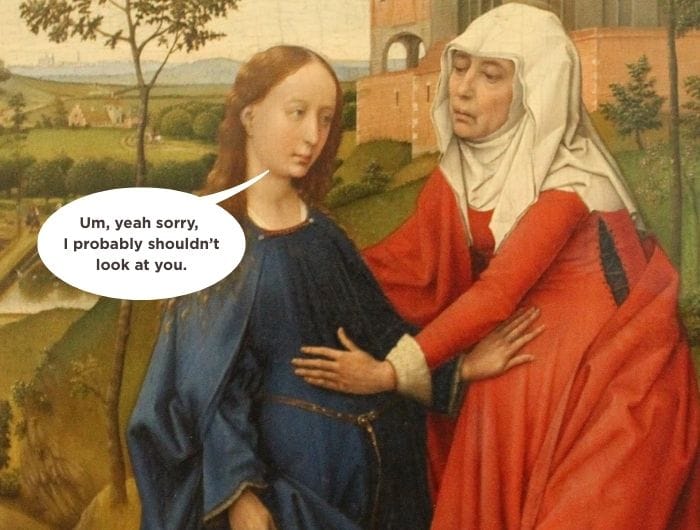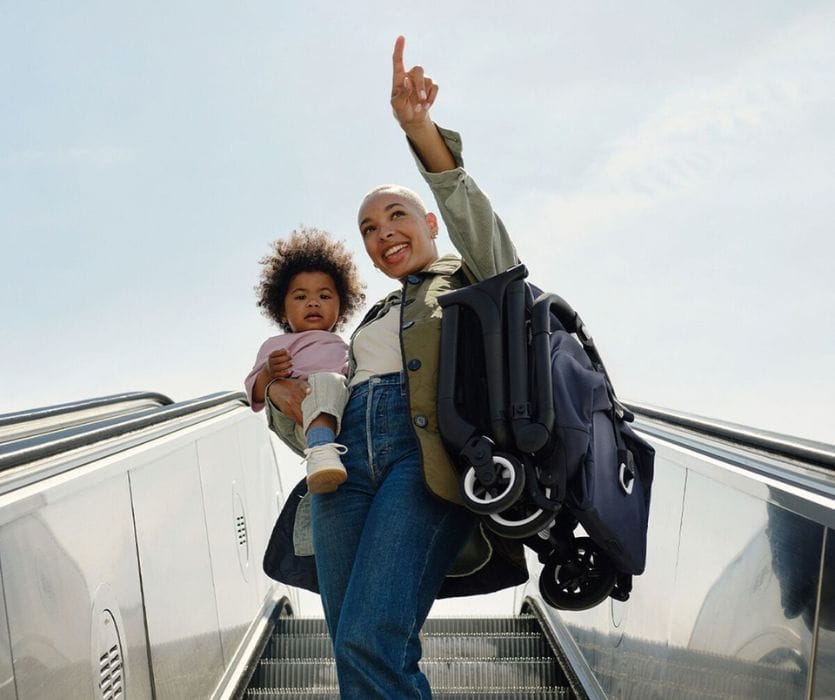“Why does he look so ugly?”
“What is WRONG with him?” -accompanied by a look of disgust.
People recoiling in fear and crying.
“EW he’s weird”
And: “He’s a monster -run!”
For us, the park is a terrible place
When my son and I go to the park I am worried, like most parents are, about stranger danger, a fall off of a slide, and whatever is all over the floor in that bathroom, but I am also on high alert for your children and the terrible things they are saying to my son.
My son was born with a genetic condition called Apert Syndrome, which is a craniofacial condition that causes the bones of his skull to develop differently and the bones of his hands and feet to be fused. He has had multiple surgeries that you couldn’t even imagine putting your child through to improve his functional ability.
He is literally AMAZING, a medical miracle, a rare gem of a human who has endured more than most and instead of being able to just go ahead and live his life, he has to answer to other 5 year olds, calling him a monster when he’s trying to enjoy an afternoon at the park. I’m not exaggerating when I say that it happens every time we go somewhere full of kids.
Nobody is perfect
Some parents aren’t around to hear these interactions. Some usher their children away before their kids even have the chance to say something terrible, like we have a forcefield around us, a repellant. Some parents have heard their child say something terrible and responded to me with literal tears. Others simply tell their children to stop.
Adding shame and separation to this situation is not helpful in a world full of people who are different. Being a parent is hard enough, isolating at times. Wouldn’t it be SO much better to connect over the things that make us different and celebrate them? You may be reading this and wondering how relevant this could be to you. Your child would never, or that you don’t run in circles where you end up seeing a lot of people with differences, but I can tell you – people with differences are everywhere. Even my son has also pointed out someone’s ‘fat belly’ in a McDonalds. Nobody is perfect.
Heroes and villains
Kids are notoriously lacking a filter; they are completely in the moment and always trying to figure out the world around them. Unless they have grown up under a rock they have seen or been exposed to the world of Heroes and Villains. In almost every work of cartoon fiction, and many books, the Villain is depicted as being physically ‘imperfect’ in some way. They usually don’t match up with the widely accepted standard of beauty that the Hero does. So, kids begin to associate differences with something less-than, even sinister. Their natural curiosity can easily turn into fear and disgust, and it all comes out of their mouths unfiltered.
What can I do?
It can feel overwhelming, but there are plenty of things you can do to help model behavior for your kids when they see differences out in the world.
1. Stay Curious
It's really important to stay curious about the experiences of people with differences. Put yourselves in their shoes. Realize that there is nothing special about me or my son. We are just like you. He is not immune from these comments; he can see and hear perfectly well. I am not wearing a cape because I have a son with special needs; I am just a parent who is very tired, just like you.
2. Be proactive
Talk to your kids in advance about the fact that the world is full of differences. When you see a person using a wheelchair (and you are out of earshot of that person) have a discussion with your kid about why they might be using that device. It could sound like this: “Oh hey, did you notice that person using a wheelchair? Do you know why some people use those? They use them because they need help getting around, they might have an issue with their legs that prevents them from walking, that can happen sometimes.” Have these conversations early and often.
If you have a friend who has a kid with a difference, prepare your child before you hang out with them for the first time. Show them a picture. Tell them what to expect.
If you see a kid or person with a disability and you can sense that your kid is staring or your parental Spidey sense is tingling that they are about to say something unhinged:
3. Take control
“Oh, hey (your kid), I’ve noticed that you are looking at our friend here. He has a Paw Patrol hat on. You like Paw Patrol, too!”
Or model the conversation. “Hey, there, buddy (my kid), what a cool truck you have; this is (your kids’ name), and he really likes trucks too. Maybe you can play together”
Or find an "Isn’t it interesting". I was in a Restaurant with my son recently and I noticed an older kid enter the restaurant who was displaying behaviors like loudly calling out and verbalizing– even though this child was typical looking I knew that his actions and vocalizations were drawing my son’s attention and he was starting to stare. I said: “Hey (my son), I can see that you have noticed someone over there who is using his voice and body in a bit of a different way. Isn't it interesting how every person’s brain is different?”
Or find levity after your child has pointed out another child’s difference: “Yes, his hands DO look different than yours. Isn’t it cool how everyone is different? It would be so confusing if everyone looked the same.”
4. The power of acknowledgment
If it’s too late and your kid has done or said the terrible thing and you are mortified, there is still a way that you can make yourself and the other parties feel better.
Say you are sorry. Don’t say it and make excuses. Don’t say it and cry. Don’t avoid us.
Just say it in front of your child, and maybe say what you intend to do about it. “I’m so sorry she said that; we obviously have to have some more conversations around this at home.” Done.
Do we really need to talk about anyone’s body?
There are lots of parents in the disability community who believe that it is our job to educate other parents and kids about the unique conditions of our children and to lead with kindness, but here is my hot take: We don’t owe anyone any of that.
People with disabilities and visible differences have more roadblocks in their lives because there are so many things in this world that aren’t really set up for them to be successful at and things are already harder than they should be. They shouldn’t be responsible for educating your kids or extending a whole lot of loving kindness while doing it. Just let this kid live his life.
When my son hears a kid talking about his differences, he now responds: “Do we REALLY need to be talking about anyone’s body?” and walks away – and I am HERE for it.
You might also like: Unique Board Books for Babies: Creating a More Diverse Bookshelf




Leave a Comment